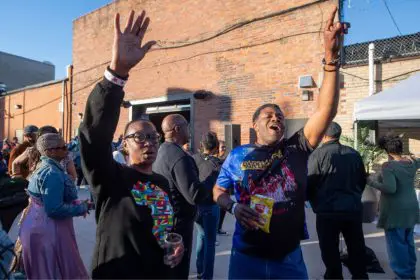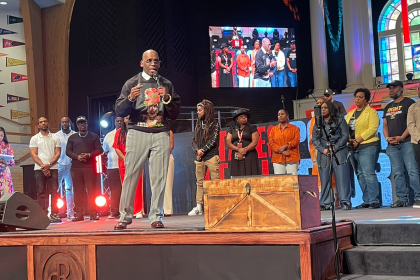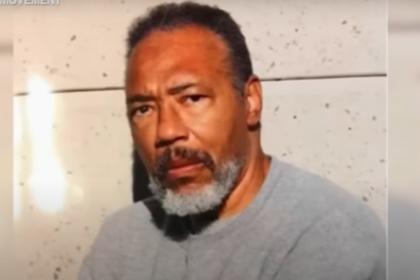
Tomorrow marks 50 years since the signing of the Civil Rights Act in the United States. This pivotal piece of legislation outlawed discrimination based on race, color, religion, sex or national origin. It ended unequal voter application requirements and racial segregation in general public places.
The bill was initially an idea of President John F. Kennedy in 1963, in which he requested a piece of legislation that “[gave] all Americans the right to be served in facilities which are open to the public—hotels, restaurants, theaters, retail stores, and similar establishments,” as well as “greater protection for the right to vote.” As grand as that is, this version of the bill failed to include protection against police brutality, ending discrimination in private employment or granting the Justice Department power to initiate desegregation or job discrimination lawsuits. These seem like mildly important factors to consider.
Following the assassination of Kennedy, his successor, President Lyndon B. Johnson, signed the Civil Rights Act on July 2, 1964 on national television.
There were a slew of civil rights leaders and activists that put their lives on the line, and even died, so that future generations would know what it feels like to be treated as an “equal” citizen in the United States. I visited downtown Chicago to speak with a few young people to find out their thoughts on the Civil Rights Act and what impact they believe it’s had on the country. You may or may not be surprised by the response:















